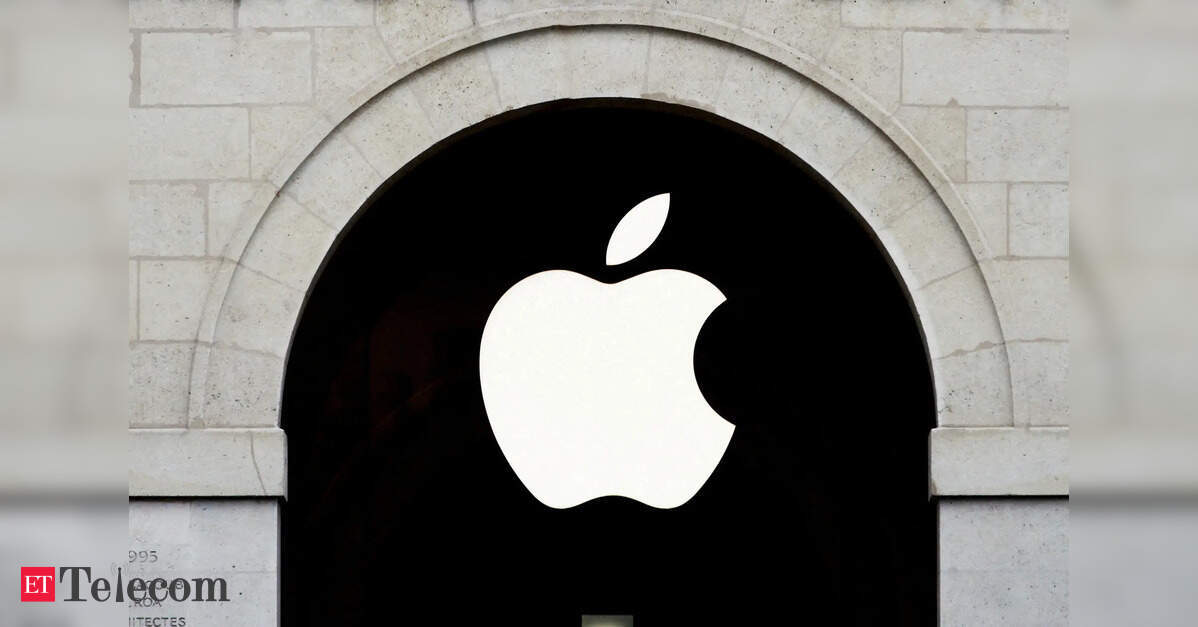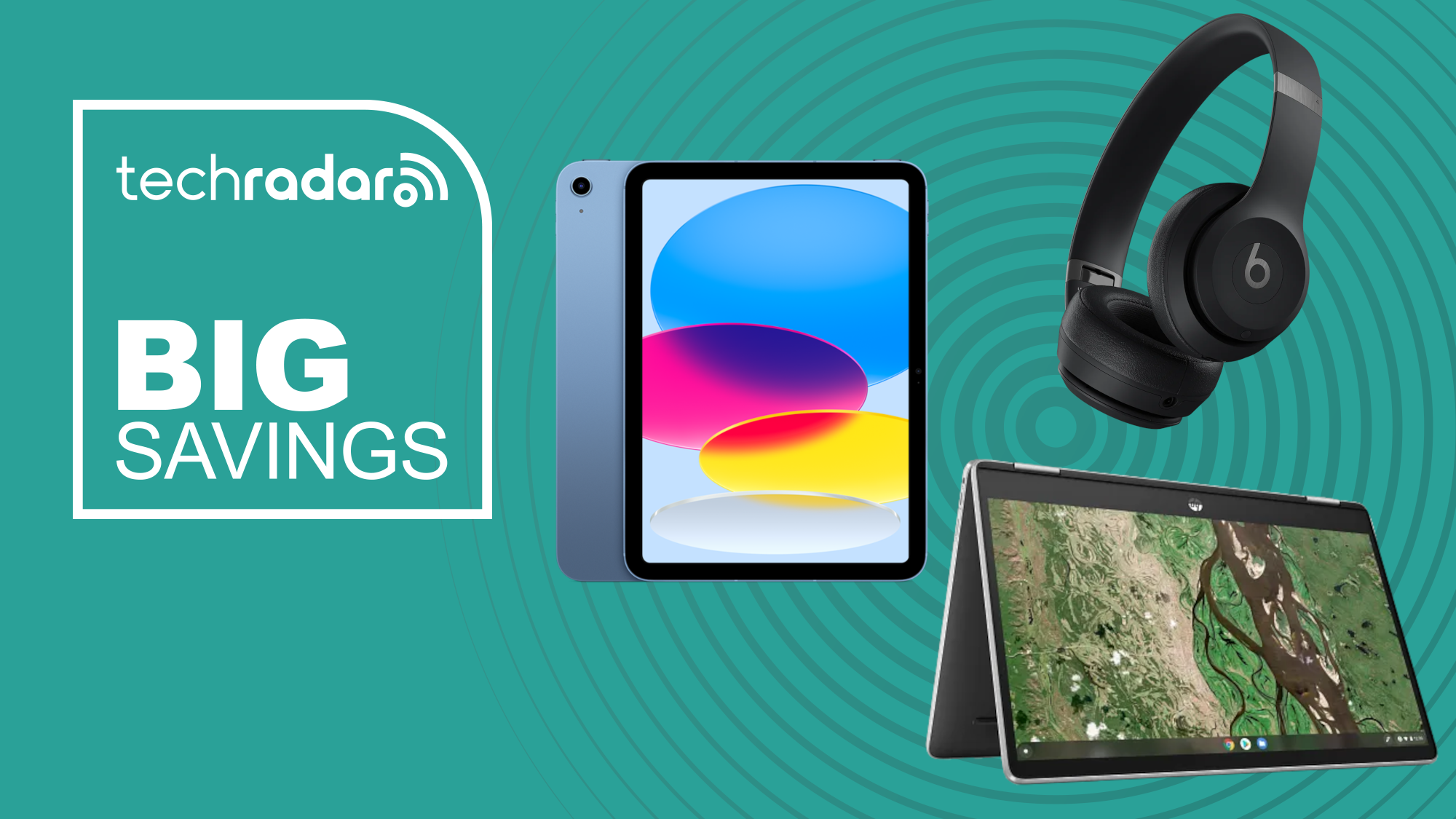Apple Explores Using AI for Advanced Chip Design

Apple is actively exploring the integration of generative artificial intelligence (AI) to significantly accelerate the design of the custom chips that form the core of its devices. This strategic initiative was highlighted by Johny Srouji, Apple's senior vice president of hardware technologies, during private remarks delivered last month in Belgium. Srouji, who was receiving an award from Imec, an independent semiconductor research and development group, emphasized that generative AI techniques hold immense potential to streamline design work, enabling more output in less time and offering a substantial productivity boost.
A critical lesson Apple has learned throughout its journey in custom chip development is the necessity of employing the most cutting-edge tools available. This includes leveraging the latest chip design software from electronic design automation (EDA) firms. Srouji underscored the vital role of EDA companies, stating they are “super critical in supporting our chip design complexities.” Major players in the EDA industry, such as Cadence Design Systems and Synopsys, are already in a race to embed AI capabilities into their offerings, aligning with Apple's aggressive push into AI-powered semiconductor development.
Srouji’s speech also provided an overview of Apple's ambitious custom chip program, which began with the groundbreaking A4 chip for the iPhone in 2010. This journey has progressed to the advanced silicon that now powers Mac desktop computers and the innovative Vision Pro headset. The company's commitment to custom silicon is a cornerstone of its hardware differentiation strategy, ensuring a competitive edge in the market.
Another key lesson Apple has embraced is the philosophy of making bold, irreversible bets. Srouji cited the monumental 2020 transition of Mac computers, Apple's oldest active product line, from Intel's processors to its proprietary Apple Silicon chips. He revealed that there was no contingency plan or backup strategy in place if the switch failed. “We went all in, including a monumental software effort,” Srouji stated, illustrating the company’s decisive approach to major technological shifts.
Apple's chip design aspirations extend beyond its current product portfolio. Recent reports suggest the company is developing new processors specifically for upcoming smart glasses and AI servers, with anticipated launches in 2026-2027. Furthermore, the company’s M5 chip, reportedly built on advanced 3nm architecture, has already entered mass production. This continuous innovation and strategic adoption of advanced technologies like generative AI reinforce Apple's commitment to leading in custom chip development.
You may also like...
Diddy's Legal Troubles & Racketeering Trial

Music mogul Sean 'Diddy' Combs was acquitted of sex trafficking and racketeering charges but convicted on transportation...
Thomas Partey Faces Rape & Sexual Assault Charges

Former Arsenal midfielder Thomas Partey has been formally charged with multiple counts of rape and sexual assault by UK ...
Nigeria Universities Changes Admission Policies

JAMB has clarified its admission policies, rectifying a student's status, reiterating the necessity of its Central Admis...
Ghana's Economic Reforms & Gold Sector Initiatives

Ghana is undertaking a comprehensive economic overhaul with President John Dramani Mahama's 24-Hour Economy and Accelera...
WAFCON 2024 African Women's Football Tournament

The 2024 Women's Africa Cup of Nations opened with thrilling matches, seeing Nigeria's Super Falcons secure a dominant 3...
Emergence & Dynamics of Nigeria's ADC Coalition

A new opposition coalition, led by the African Democratic Congress (ADC), is emerging to challenge President Bola Ahmed ...
Demise of Olubadan of Ibadanland
Oba Owolabi Olakulehin, the 43rd Olubadan of Ibadanland, has died at 90, concluding a life of distinguished service in t...
Death of Nigerian Goalkeeping Legend Peter Rufai

Nigerian football mourns the death of legendary Super Eagles goalkeeper Peter Rufai, who passed away at 61. Known as 'Do...





